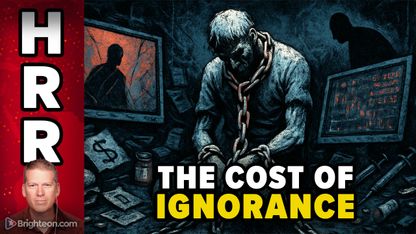
The certificate contains details about the individual’s COVID-19 vaccination status as well as test results for the virus and its antibodies. A spokesman for the foreign ministry said the goal of the program is "to promote world economic recovery and facilitate cross-border travel."
The health certificates can be downloaded by Chinese citizens from the social media platform WeChat.
China is reportedly in conversations with other countries to try to get its certificate recognized by them, but no countries are on board yet. Experts have pointed out that these Chinese health passport will not have much use if other countries are not willing to recognize them.
The communist country has not indicated that their quarantine restrictions would be relaxed for those arriving to China who have already been fully vaccinated. However, health authorities are reportedly considering exempting such individuals from the required 14 days of quarantine.
China claims that it had vaccinated 52.5 million people by the end of February, but it could be some time before its population of more than a billion people get the jab. So far, just 3.65 percent of the country’s citizens have been vaccinated.
Some of the countries that are considering similar “permits” include the UK and the US, while the European Union is said to be working on a vaccine “green pass.” Greece and Cyprus already have vaccine passports for travel to and from Israel, where 44 percent of the population is now fully vaccinated.
The International Air Travel Association plans to launch an app that will allow immigration authorities to share the vaccination data of travelers. Singapore Airlines flights going from Singapore to London will be testing the app, which is expected to be rolled out by more than 30 airlines over the next two months.
WHO expresses concerns about concept of vaccine passport
A senior official for the World Health Organization (WHO) said this week that it would not be right to use “vaccine passports” for international travel because of a variety of concerns, including ethical considerations about the vaccine not being easily available to the global population.
Dr. Michael Ryan said: "Vaccination is just not available enough around the world and is not available certainly on an equitable basis."
He added that such a strategy would be unfair to those who cannot be vaccinated for various other reasons.
WHO has emphasized that it is not yet known how long immunity will last from the various vaccines being used right now. Moreover, there has been no evidence showing that people who have recovered from the virus and have antibodies are protected from being infected a second time.
That’s not the only worry here. There’s also the question of how these apps would access and store users’ personal data, not to mention the fact that this could easily spiral into something far more sinister.
These days, no one wants to get on a plane with someone who could have COVID-19, which means that a large portion of the population might be somewhat receptive to “vaccine passports.” However, it’s only a matter of time before these passports are extended to include other types of vaccines and people who are unwilling to inject themselves with poison are excluded from traveling, attending events or even leaving their homes.
Sources for this article include:
Please contact us for more information.






















